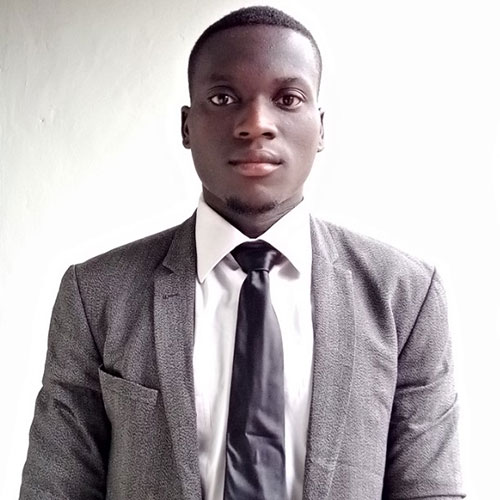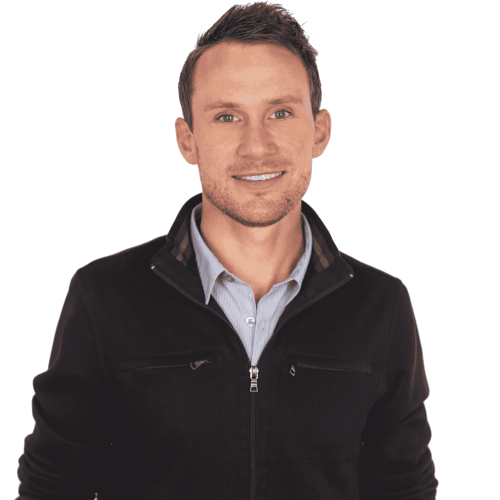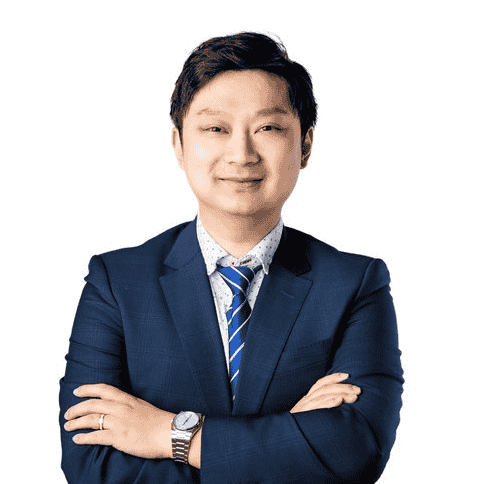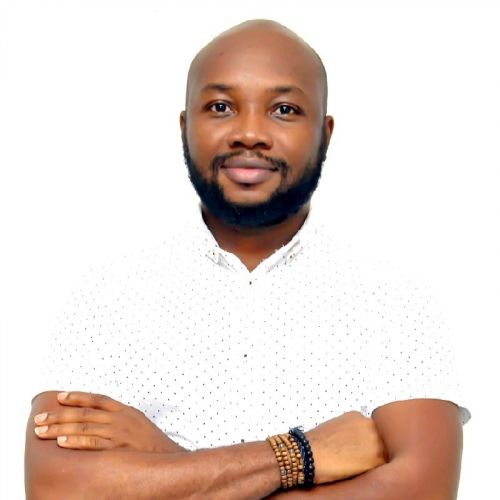How Kyuka Ventures is transforming plastic waste into clean cooking fuel
In this #MeetTheMB100 interview, we speak to Sonko Jamal, Founder & CEO of Kyuka Ventures on how they are using plastic pyrolysis to turn waste plastics into greener and safer cooking fuel.
This interview series is sponsored by EY and Hogan Lovells.
Meaningful Business (MB): Can you tell us a bit about the issues you are trying to solve and why you selected them
Sonko Jamal (SJ): It is estimated that >15,000 tonnes of plastic waste is produced in Uganda every day, totalling well over 5 million tonnes annually. This amount is expected to rise exponentially, reaching nearly 17 million tonnes per annum by 2025, due to population growth and an increase in per capita waste generation.
At present, waste collection rates in major cities in Uganda vary between 44.30-76.47%. Current industrial waste management infrastructure is very inefficient, with collection rates at an average of around 55%. The huge amount of uncollected waste left lying around the streets creates a nuisance and pollutes the environment drastically.
At the same time, It is estimated that only about 18% of households in Uganda use Liquefied Petroleum Gas (LPG) as their primary source of cooking. The remaining 82% of households mostly depend on firewood and charcoal for cooking. This exposes them to household air pollution, which is responsible for 16,600 deaths and the loss of 502,000 disability adjusted life-years annually.
Therefore it’s imperative to explore eco-friendly technologies to transform plastic waste into valuable products in a sustainable manner.

Sonko Jamal, Founder & CEO, Kyuka Ventures
MB: How is your work tackling those problems, and what impact are you having?
SJ: Kyuka Ventures is working at the intersection between reliable energy provision and sustainable clean energy for off-grid communities.
We have pioneered soot-free extraction technology to handle plastic waste. Our patent pending technology transforms 92% of unsorted, unwashed waste plastic, currently destined for local landfills, into ultra-clean, ultra-low sulphur fuel. The process is economically viable, and provides immediate economic benefits for industries, communities and government organisations.
The community exchanges their waste plastic for medical insurance coverage, helping us collect thousands of tonnes of waste plastics while also changing the community’s attitude towards waste management. We aim to create economic value for plastic at the point of generation, enabling households and companies to sort and sell their plastics in order to earn income.
We then leverage this to increase LPG availability, thereby giving access to consumers in rural areas who continue to suffer from household air pollution.
LPG emits less greenhouse gases than alternatives, with 5-16 times less CO2e emissions per prepared meal compared to coal. Therefore, by transforming 300 tonnes of hazardous plastic waste into LPG through our waste processing technology, we have prevented 3,500 tonnes of greenhouse gas emissions through minimising plastic burning and displacing inefficient fuels, while also creating >150 direct and indirect jobs. This contributes to the development and structuring of the renewable energy recirculation model in Uganda, creating a safer household environment with clean cooking fuels distribution.
MB: What support do you need in order to scale your business and increase your positive impact?
SJ: Our biggest challenge is to address the growing demand and expand our limited production capacity. Hence, we are seeking to raise $150,000, which will help us increase and optimise our production capacity. These funds will also with marketing, and piloting in new regions to build a disruptive and replicable model, as well as starting a micro savings credit scheme.
MB: How do you work with partners and the wider ecosystem to achieve your mission?
SJ: We work with corporate companies that provide us with technical support, particularly in setting up and operating our waste plastic-to-fuel facility. In our early days, black coal was produced as a byproduct of plastic pyrolysis, constituting roughly 25% of end matter. Black coal is commonly used for generating electricity in many countries, however, demand has been declining as the world shifts away from coal power plants and cities impose restrictions on coal burning. Hence, one of our initial focuses was to reduce the ratio of black coal generation during pyrolysis, and we managed this by partnering with Biha Eco who integrate our black coal byproduct with sand to produce plastic solar roof tiles.
MB: What is your ambition for the future of your business?
SJ: Our ambition is to become a vehicle auxiliary services company to spearhead the nationwide uptake of clean energy vehicles (CEV). This will be done by setting up 100 CEV refuelling stations nationwide under our own brand name Kyuka Energies, with a target to refuel 1 million CEV vehicles by 2030, thus creating a greener environment, reducing dirty fuel consumption and assisting the government in reducing petroleum subsidies.
We are also planning to develop an LPG distribution system through a mother-daughter station concept nationwide. We will purchase LPG at receiving terminals, store them at specialised LPG storage plants, then distribute it when needed to industries and fuelling stations nationwide.
MB: How do you measure success?
SJ: We currently have three ways of measuring success; Firstly, we use corporate sustainability reporting to determine our product recycling rates. Secondly, we use environmental impact assessments to evaluate the real impact of our activities, including determining the amount of energy generated, and carbon footprint saved. Thirdly, we use impact evaluation surveys to know the impact of our working process end-to-end. In the future, we intend to use real time dashboard software with integrated time sheets to help observe and record our daily progress.
Quickfire questions
MB: Tell us a mistake you’ve learned from
SJ: I used to run project activities on my own, but found out it is hard to make great things alone. Thus, I decided to make Kyuka a collaborative business, and now we are a team mostly driven by ideas, not position within the company, and everyone is trusted to do his or her part.
MB: How do you spend your time away from work?
SJ: In my free time I enjoy sports, mainly football. I have been a Liverpool fan since I was 4 years old, and it means no eating if they lose any game!
MB: What’s the best piece of advice you’ve ever received?
SJ: Work with people of different genders and cultural backgrounds. When we first started, our entire value chain had no women. Because of this, I missed out on an opportunity for a competition, where a female judge advised me that women are fundamental pillars in transforming communities. I was touched, and this opened up my heart to diversity, equity, inclusion and gender sensitivity that are now my core values. In my current set-up, women play a big part in my operations. I now promote women’s sense of self-worth, their right to influence social change, and empower them into becoming entrepreneurs who collectively work as plastic waste collectors in organised self-help groups Since then, everything has positively and exponentially changed in my workspace.
MB: What is something you wish you were better at?
SJ: Singing!
MB: What is the one book everyone should read?
SJ: I wish everyone could read Searching through Dustbins by Abed Tau.
Discover the other leaders recognised on the 2022 MB100, for their work combining profit and purpose to help achieve the United Nations Global Goals, here.








